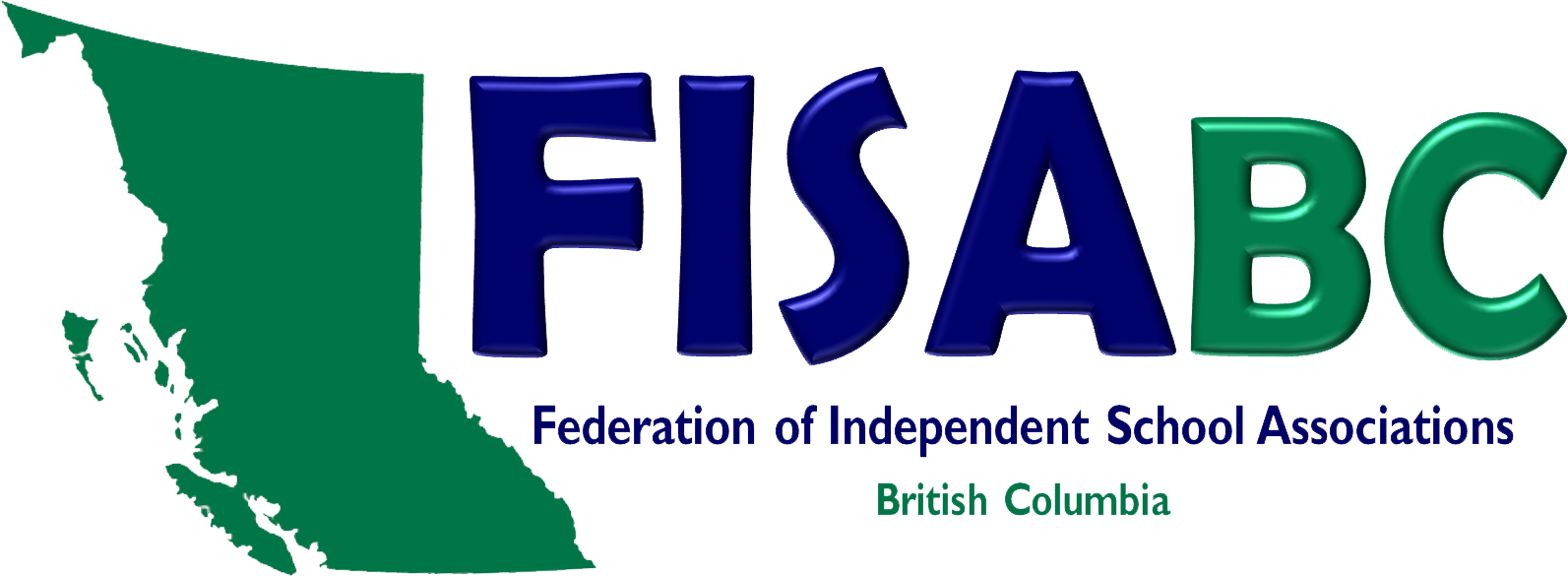FREEDOM INCLUDES SECURE ALTERNATIVES
FISA BC’s mission is to enable parents to exercise the right to choose the kind of education that shall be given to their children and to promote the rightful place and responsibility of independent schools within a democratic and pluralistic society.
See FISA BC’s 2017-2020 STRATEGIC PLAN
JOHN STUART MILL: IN CHAPTER V ON LIBERTY, 1859
“The objections which are urged with reason against State education do not apply to the enforcement of education by the State, but to the State’s taking upon itself to direct that education; which is a totally different thing. That the whole or any large part of the education of the people should be in State hands, I go as far as anyone in deprecating. All that has been said of the importance of individuality of character, and diversity in opinions and modes of conduct, involves, as of the same unspeakable importance, diversity of educations.”
JACQUES MARITAIN: IN CHAPTER III, PART 2, EDUCATION AT THE CROSSROADS, 1942
“In fine, education deals ultimately with the great achievements of the human mind; and without knowing philosophy and the achievements of the great thinkers it is utterly impossible for us to understand anything of the development of mankind, civilization, culture, and sciences.”
DIVERSITY IN EDUCATION BENEFITS DEMOCRACY
All systems of education, private, parochial, independent, alternative, or public, must deal with basic questions such as: Who is the child? What is life and what is the purpose of life? What obligations and rights does a person have and with respect to whom?
The answers to these questions are not based on test-tube laboratory experiments, but on firmly held beliefs. In philosophical terminology these are called ‘a priori’, and in religious language ‘faith commitments’. In essence, there is no difference.
In a democracy, justice demands that governments do not discriminate on the basis of values, directly or indirectly. Thus society, having assumed the responsibility of funding education, should fund all schools, regardless of philosophical or religious underpinning.
Funding should be withheld only when schools fail to demonstrate that they are educationally responsible. The practice of tolerance allows for the educational needs of minorities, as well as the needs of the majority, to be served, without either infringing upon the rights of the other.
